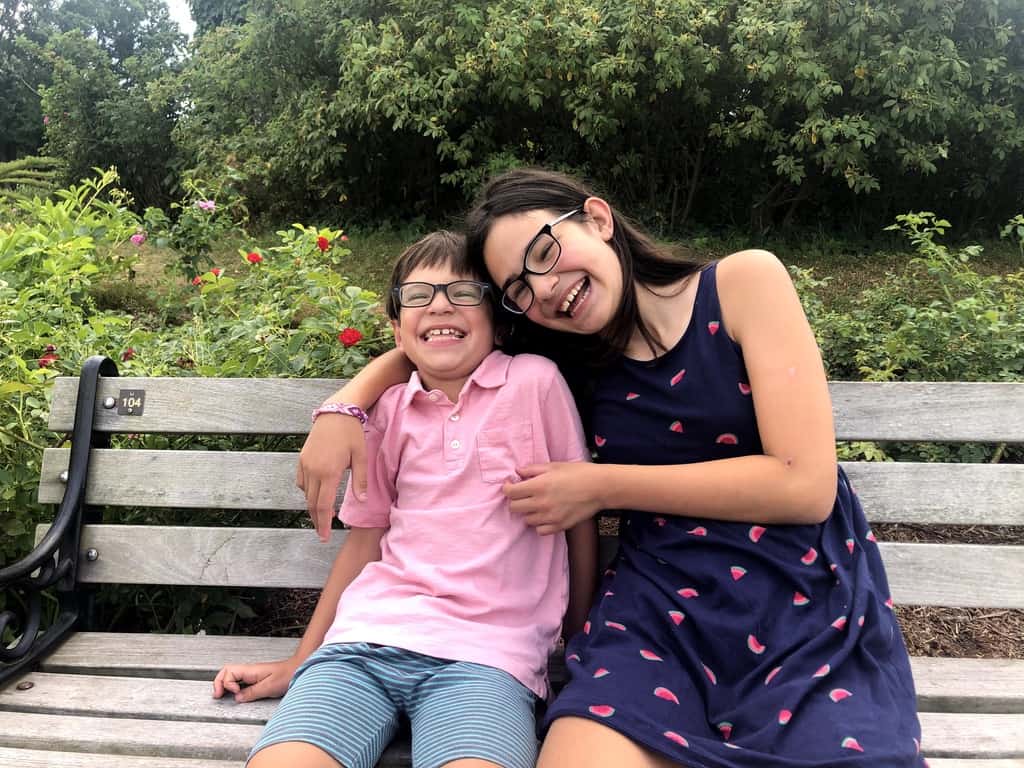I want people to read Colin Jost’s memoir and understand it.
I finished reading Colin Jost’s memoir A Very Punchable Face.
I liked it. I found it amusing, insightful, occasionally hilarious, and honest.
As I read, I noticed some of the references that Jost made in his book. Things like:
Pol Pot
Lennie from Of Mice and Men
Franz Kafka
At least four references from Shakespearean plays
Emily Dickinson
My first thought, as these references began piling up, was this:
“I don’t think Donald Trump would understand any of them.”
But my next thought was:
“How many Americans would actually understand all of them? How many Americans actually know who Pol Pot was? How many Americans know what Jost means when he compares someone to Lennie Small? How many people in our country know that “Once more into the breach, dear friends!” comes from Shakespeare, and how many know what it even means?
Many, I’m sure.
Not enough, I don’t doubt.
The thing about all of these reference is this:
I learned about most of them well after my schooling was complete. My awareness of Jost’s references do not come from my educational background but from a curiosity of the world and the ongoing desire to learn.
None of my history classes ever covered the Vietnam War, so all of my knowledge of Pol Pot came from my reading of history well after college was finished.
I read Of Mice or Men in high school, but I also re-read it much later on in life. Would I recall who Lennie Small was after reading the book in ninth grade? Maybe. But I’m not so sure.
I studied very little Shakespeare in college, even though I was an English major, so almost all of my knowledge of Shakespeare and his plays came from the desire to know who these characters and their stories.
I read a little Emily Dickinson in college, but I knew nothing about her biography until Clara taught me about her a couple years ago.
And Kafka? I read The Metamorphosis and The Trial (and perhaps others) in college, but again, my knowledge of Kafka’s life and the amazing story about the possible destruction of his work came well after I had graduated college.
Yes, it’s true. I don’t think Donald Trump would understand any of Jost’s references in his memoir, and that is a scary thing. Not because you need to know that Emily Dickinson was a poet or that Pol Pot was responsible for the Cambodian genocide or that Max Brod saved Franz Kafka’s work from being destroyed after his death in order to run a country.
It’s scary because you want the people who are leading your country to have the constant desire to learn. To broaden perspectives. Seek truth. Know how and why our world was made. You want the people at the top to be readers, thinkers, scholars, and constant questioners. You want them to invite the best minds to dinner each night. You want them to turn off the goddamn TV and learn about how this world came to be and how it might be turned toward the better.
It’s not only Trump, though. It’s everyone who lays curiosity down on the side of the road somewhere along the way and chooses to plod forward, allowing names, dates, literary references, historical legacies, and scientific achievements to be ignored and forgotten. It’s everyone who allows an unknown name or a place or unknown reference to simply wash over them without the thought of asking a question and doing some research.
I often complain about my daughter’s incessant need to read and learn about history and share every bit of her newly acquired knowledge and wisdom with me. Lately, it’s been the history of ancient Egypt. Before that is was the Japanese internment camps. Before that architectural achievements from around the world.
And always great feminists from history.
I often complain about my son’s incessant need to question everything he sees. Why is the hottest part of the fire blue? How does a car engine really work? How do air conditioners make the air so cold? How does a credit card work? What does the inside of a golf ball look like? How big is this? How small is that? How much of this is inside of that?
I think I’m going to stop complaining. The last thing I want is for them to lay their incessant curiosity down somewhere along the road and plod forward like so many others have.
I think we need more curiosity in this world. More readers. More scholars. More life long learners.
I want the people who lead us into the future to be able to read Colin Jost’s memoir and understand the literary and historical references that he makes, and if not, dog-ear the page, turn to a trusted source, and learn before moving on.

